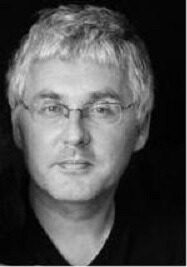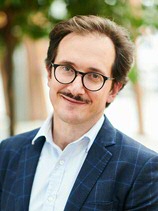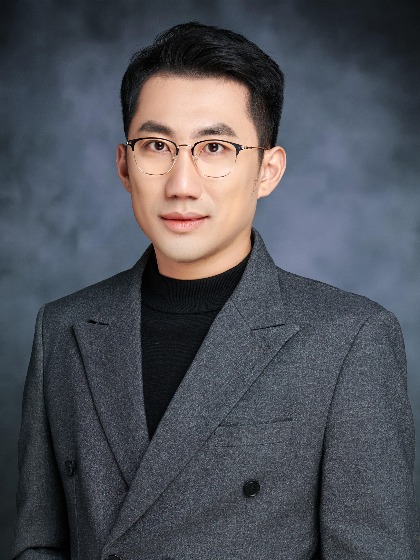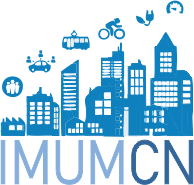Netherlands
About IMUMCN
About IMUMCN in brief
Modern cities face severe traffic congestion and emissions, compounded by technological advancements and changing work habits. This project aims to understand and address these challenges by studying the impacts on citizens’ location choices and travel patterns. Using real-life experiments and advanced urban transport modelling, it explores integrated Mobility as a Service (MaaS) solutions and market-based personal carbon trading to develop efficient, equitable, and zero-emission urban traffic systems. The goal is to achieve accessible, climate-neutral, and sustainable cities in China and the EU by integrating multiple transport modes.
About IMUMCN in the Netherlands

Rijksuniversiteit Groningen (RUG)
The Dutch staff from RUG manages the project alongside BJTU, leading in the fields of climate change economics, energy systems modelling, urban environmental sciences, input-output modelling and life-cycle analysis. They are responsible for WP2 on efficiency and equity related to new transport services.
Research Objectives / Research Questions
- How to adapt to societal changes?
- Understand residents’ work time and location choices, as well as related travel behaviour considering changing work habits in the Chinese and European context.
- How to make use of new urban transport technologies?
- Investigate the efficiency and equity of new transport services and their roles in residents’ work time and location choices.
- How do traffic emissions change?
- Develop a near real-time emissions accounting framework for resident transport, and estimate traffic emissions related to changing work habits and new transport services.
- How to provide personal Mobility as a Service (MaaS) solutions?
- Develop and test a Mobility as a Service (MaaS)-based personal carbon trading system for urban mobility to reduce traffic congestion and emissions.
- How to achieve an efficient and sustainable multi-mode urban traffic system?
- Design an efficient and climate-neutral multi-mode urban traffic system considering new transport services and work habits.
About the local team
Rijksuniversiteit Groningen (RUG)

Klaus Hubacek
Klaus Hubacek is a Professor in Science, Technology, and Society at the University of Groningen, where he chairs Integrated Research on Energy, Environment, and Society (IREES) and the Energy and Sustainability Research Institute Groningen (ESRIG). He is also a visiting professor at the University of Maryland. His research focuses on human-environment system interactions, and he has held positions at institutions such as the University of Leeds and the Chinese Academy of Sciences. Klaus has over 200 publications and has led significant climate projects funded by Horizon 2020 and NASA. He was a lead author for the UN’s IPCC 6th assessment report.

Franco Ruzzenenti
Franco Ruzzenenti is an Associate Professor at IREES, the Chair Board of Examiners of the MSc in Energy and Environmental Sciences and ESRIG’s theme leader in Bio-based economy and “circular resource” systems. Franco has expertise in complex systems, network theory, energetics, energy modelling, industrial ecology, rebound effect, finite time thermodynamics, energy efficiency, transport networks and energy markets.

Yuli Shan
Yuli Shan is an Associate Professor in Sustainable Transitions at the School of Geography, Earth, and Environmental Sciences, University of Birmingham (UoB). Before joining UoB, Yuli worked at the University of Groningen as a research fellow. Yuli is a contributing author of the IPCC 6th Assessment Report and an executive committee member of the National Association of Input-Output and Big Data of China. Yuli is an Associate Editor or Editorial Board Member of several journals including Scientific Data, Advances in Applied Energy, and many more. Yuli’s expertise lies in accounting for carbon emissions, climate change economics, and sustainable development, with a special focus on developing countries and cities.





